What Bread or Rice Says About You
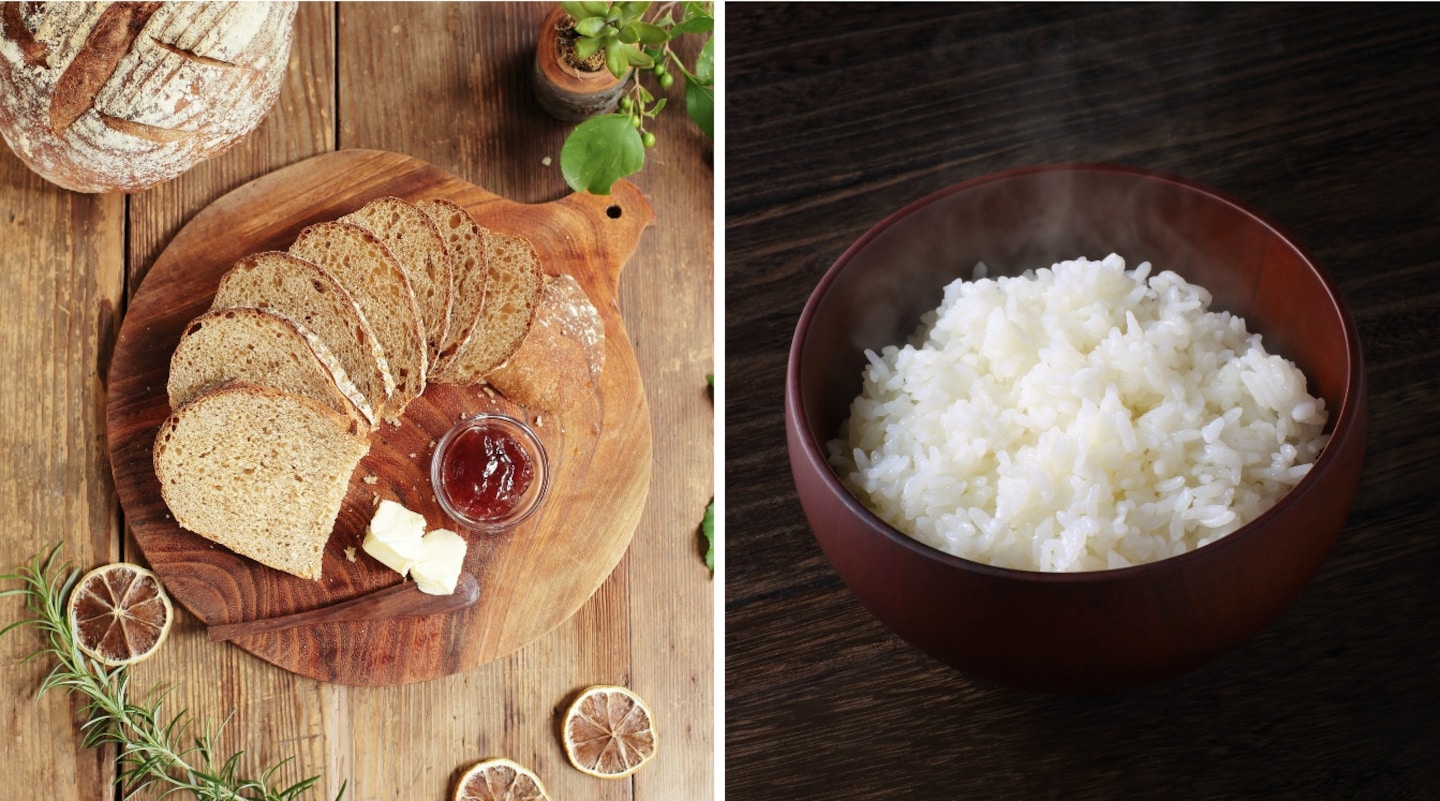
Getting to understand Japan is as much about learning nuance and unspoken assumptions as it is about picking up a language. So, if someone asks you about your preference for bread or rice, what does it really mean?
By Wendell T. Harrison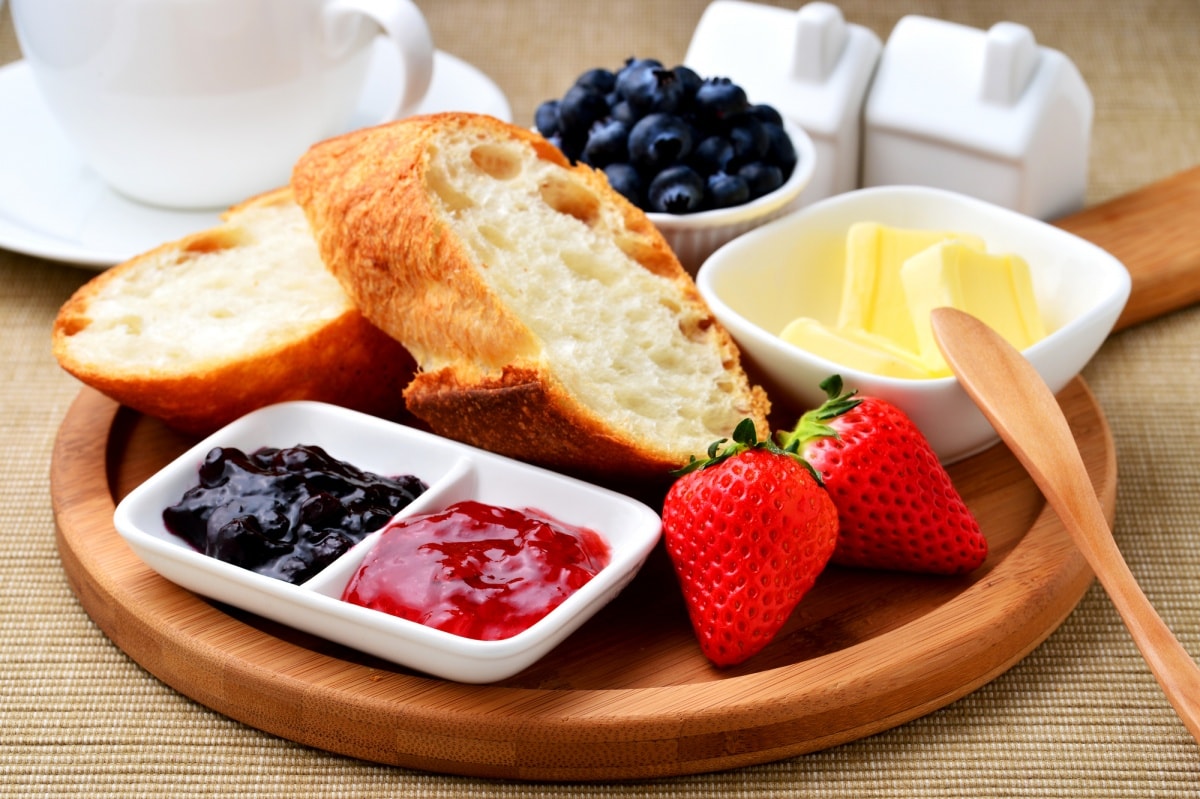
Like so many before me, I started my Japan journey as an English teacher. And among the few questions I would be asked over and over—after "Where are you from?" and "Can you use chopsticks?"—I would often get this:
"Bread or rice?"
For me, it was initially strange. I mean, why would I have to choose only one? I like bread with certain meals and rice with others. But as I encountered more advanced and quizzical students, it would become more detailed:
"Which do you prefer for breakfast: bread or rice?"
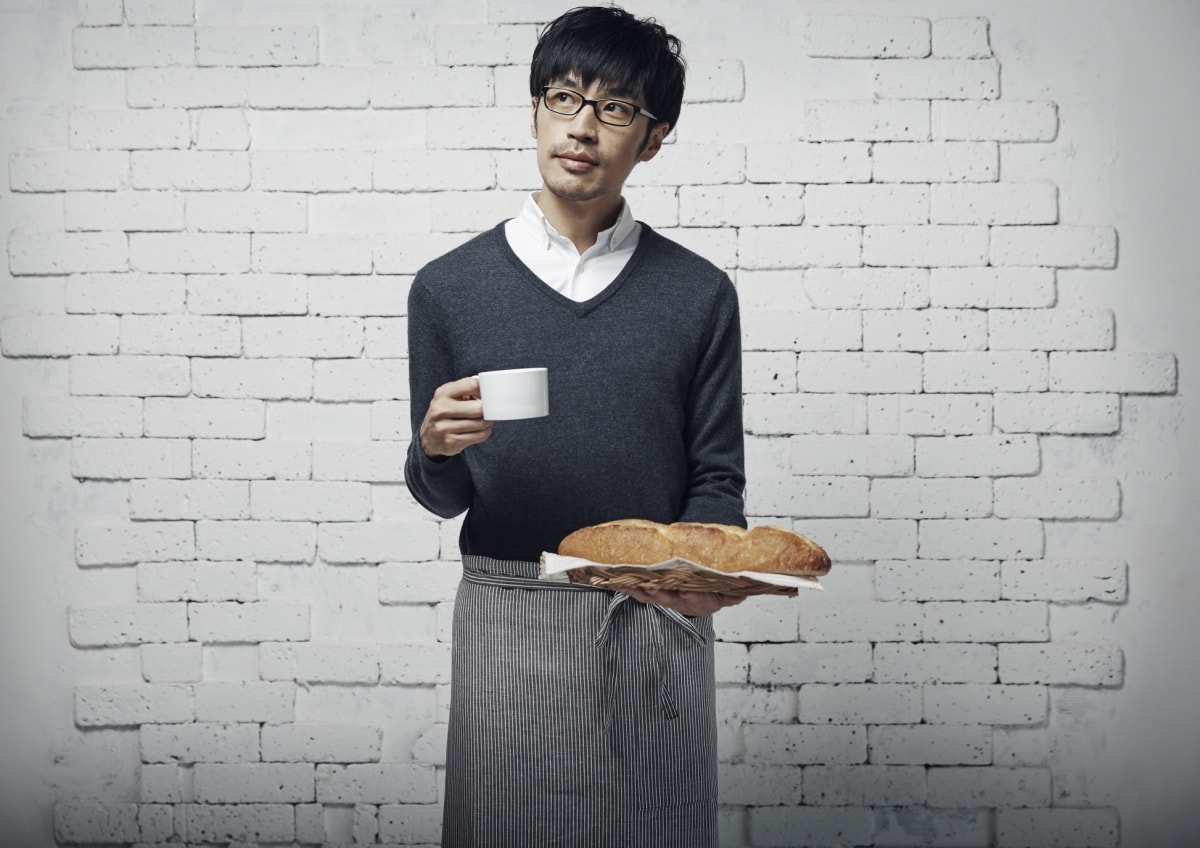
Now, there is a weird choice. I mean, on the one hand, I wouldn't necessarily pick rice over a bowl of cereal or scrambled eggs (though my mother got me hooked on scrambled eggs over buttered rice). On the other, a sole slice of bread for breakfast doesn't sound appealing either. It was a kind of breakfast Catch-22. I would often say bread just to sate my students (and to affirm they'd asked a satisfactory question), but it took a few years before I truly understood the meaning of the question.
In fact, over time I discovered that this isn't a question that's posed only to newbie foreigners—Japanese people often ask each other the same question. As I got to know the language and the culture, it started to unfold as a much more complex question, and led to some interesting revelations about the assumptions underlying the query itself.
Rice
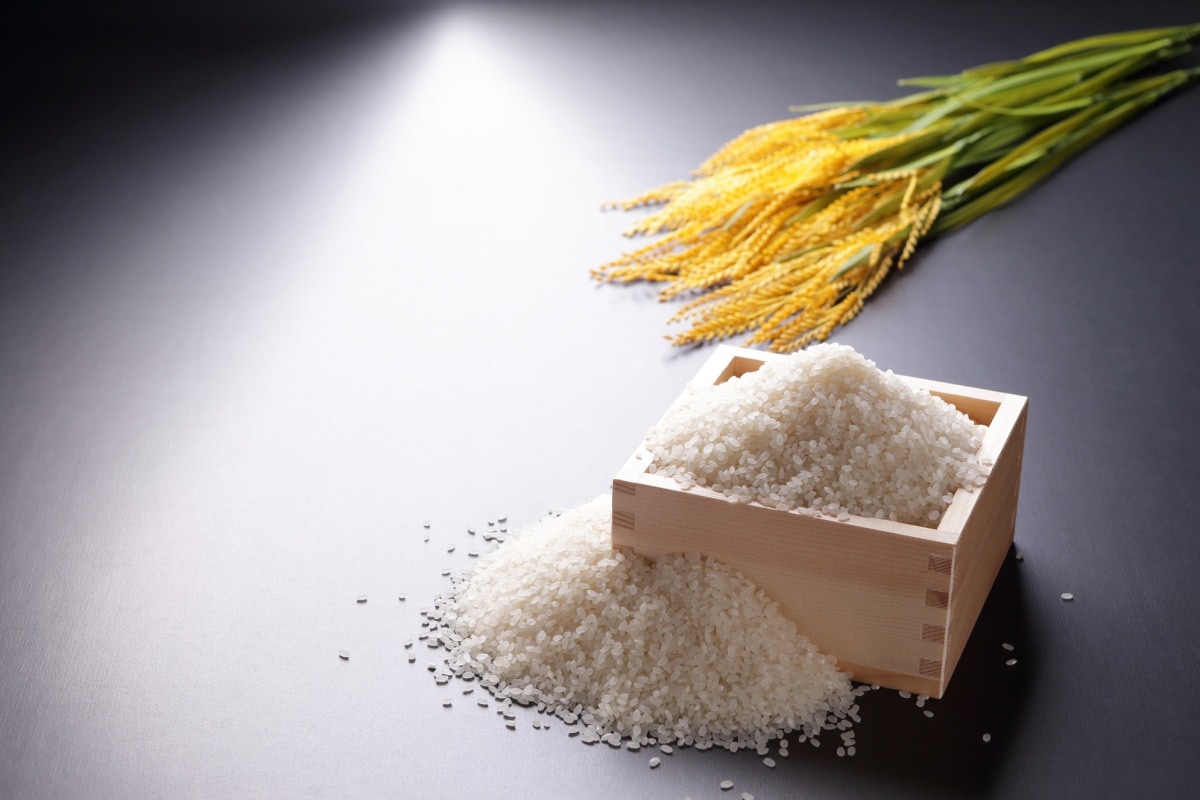
When asked the above question, it isn't necessarily "Do you eat a bowl of white rice on its own for breakfast?" In fact, many people in Japan start the day with meals that feature rice, but largely consist of several other dishes. These dishes include pickled vegetables, grilled fish, sausage, natto (fermented soy beans) and—most common—a bowl of miso soup. This is the more traditional way to start the day.
Bread
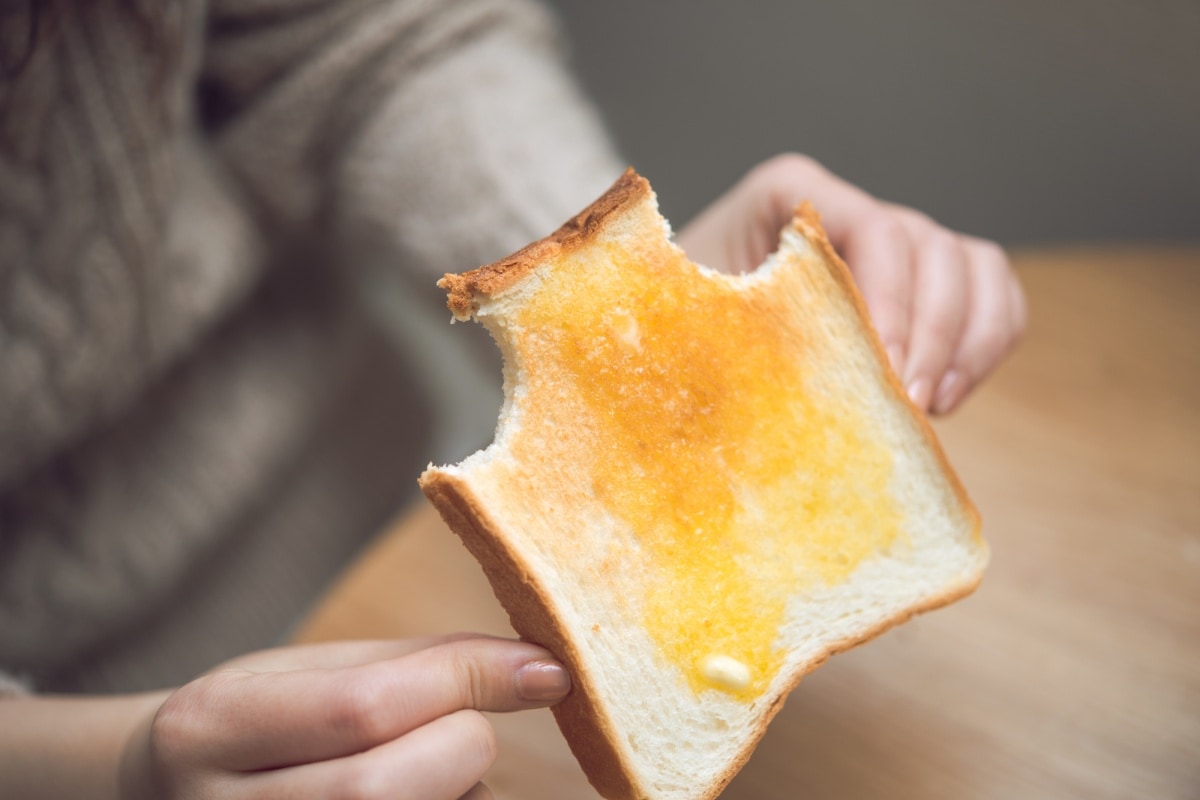
Likewise, "bread" doesn't just mean a piece of shokupan (white bread). While it's very common to have a piece toast, bread can also include a croissant, baguette or something sweet like melon pan. And similar to rice, it's often accompanied by fixings like jam, bacon or even a salad. While bread is nowhere near as ubiquitous as rice in Japan, many people do enjoy the variety and convenience of grabbing a baked good on the way to work.
Why does this matter?
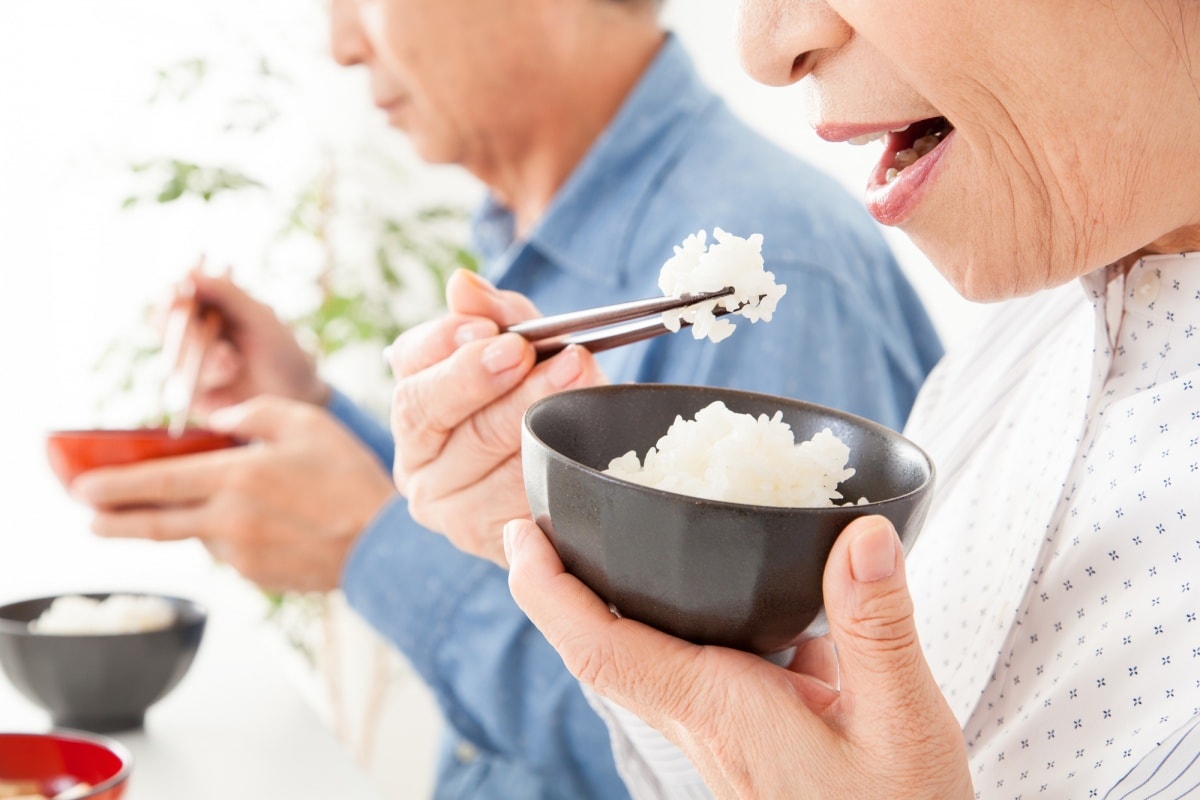
The longer you live in Japan, the more you start to understand what isn't being communicated explicitly through language. And this question, "Bread or rice?" leads to a subtle classification of two "types" of people. While it's less serious than blood type (a thing in Japan) or zodiac sign, the two "types" are summed up as pan-ha (Team Bread) and gohan-ha (Team Rice).
Those who are gohanha are thought of as more traditional, and possibly more practical. They claim that the rice keeps them full up to lunchtime and the sides that go with their preferred dish are on the healthier side. Those on Team Bread, on the other hand, have a lot more variety, and are considered more modern and even a bit more cosmopolitan. With a wide range to choose from, including sweet and savory options, there are always new sources of stimulation within reach.
Keep in mind, though, this isn't a big society-wide distinction, and most people aren't so rigid that they only eat one or the other. It's a simple question that's basically asking if you prefer a Western or Japanese-style food product. But the response also reveals a little about who you are.
So, if (and when) this question is posed to you while in Japan, don't think too hard about it. You're not stuck with your choice for all eternity. You can even say you like both, or neither, and no judgment will be passed.
But out of curiosity... which do you prefer: bread or rice?



